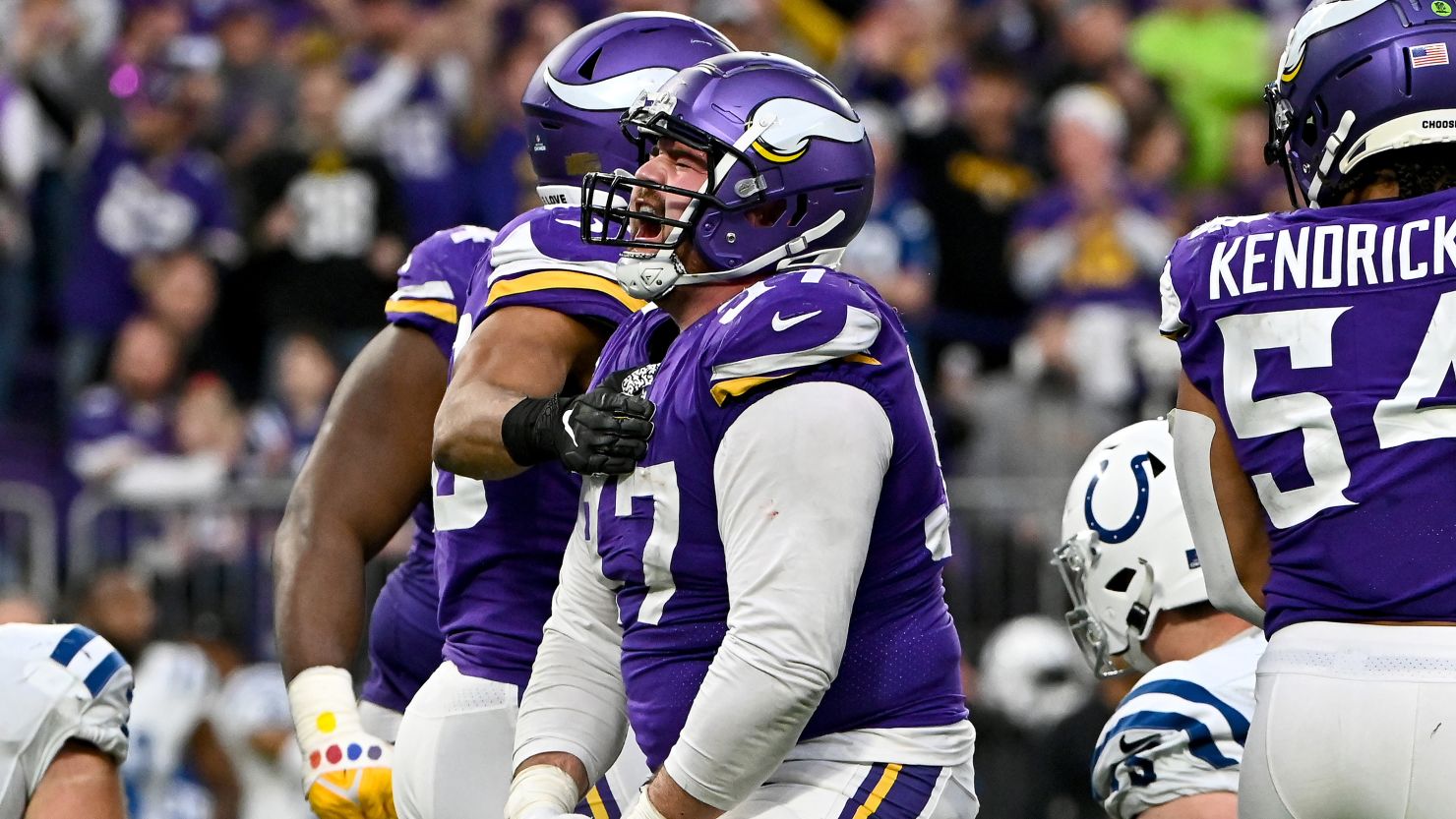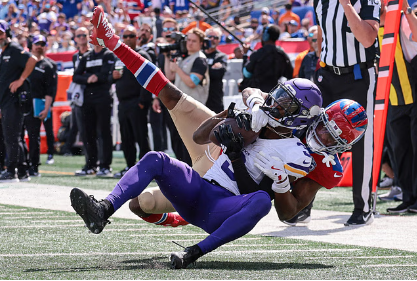The Minnesota Vikings’ offseason certainly took an unexpected turn when Kirk Cousins decided to leave the team and sign with the Atlanta Falcons, which significantly altered the franchise’s trajectory. Cousins had been the centerpiece of the Vikings’ offense since 2018, and many expected him to re-sign, especially given his consistent performance and the team’s success, including their 2022 playoff run.

However, Cousins’ departure forced the Vikings to shift their approach. Without a proven veteran quarterback, the team may have entered a transitional phase. The Vikings could have pursued a stopgap veteran quarterback or decided to start a younger, less experienced option. This move also likely influenced how they approached the draft, free agency, and the rest of their offseason, potentially signaling a rebuild or a retooling of the roster.
Cousins’ decision to join the Falcons may have been driven by several factors, such as a more lucrative contract, a fresh start with a new team, or Atlanta offering a more appealing long-term situation. The Falcons, on the other hand, saw Cousins as a proven veteran who could immediately elevate their offense and help them contend in the NFC South.
For Minnesota, this offseason represented a turning point, and the next moves they make—whether it’s developing young talent, acquiring new offensive pieces, or addressing weaknesses on defense—will be key in determining their direction for the next several years.
The Minnesota Vikings Announce Major News Ahead Of Week One



